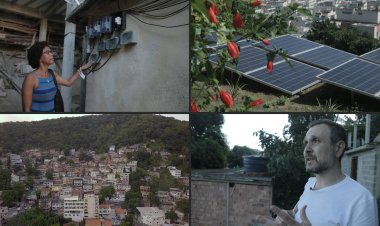GM Closures in Colombia and Ecuador

General Motors announced the closure of its manufacturing plants in Colombia and Ecuador, eliminating thousands of jobs as part of the transition toward electric vehicles.
The automaker immediately removed workers and closed the Colmotores plant in Colombia, which was the first auto plant in the country, founded in 1956. The nearly 850 workers at the plant were then called to meetings at several hotels in the capital Bogotá where management pushed them to sign “voluntary” resignations and agree not to sue the company in exchange for a payment package.
Industry chiefs have warned that tens of thousands of jobs across the supply chain in Colombia could be eliminated from the knock-on effects.
GM said it plans to close its OBB plant in Quito, Ecuador, in late August. It was founded in 1975, in August, and still employs 450 directly. Thousands of jobs depend on the assembly plant, as 25 of the 50 auto-parts factories in the country supply it.
Since both the Colmotores and OBB plants served markets domestically or in neighboring countries, analysts have pointed to a major drop in living standards and car purchases, aggravated by inflation and high interest rates, as a factor in the closures.
Employer groups in Ecuador also blame a free trade agreement with China that enters into force May 1, which reduces the cost of importing Chinese vehicles and other goods.
GM itself says it was operating at 9 percent and 13 percent, respectively, at its plants in Colombia and Ecuador, and that numbers did not add up. The decision came days after GM reported a 7.6 percent increase in revenue to $43 billion and an 18.6 percent increase in earnings per share, much higher than expected. Last November, the company handed out $10 billion to shareholders in buybacks.















